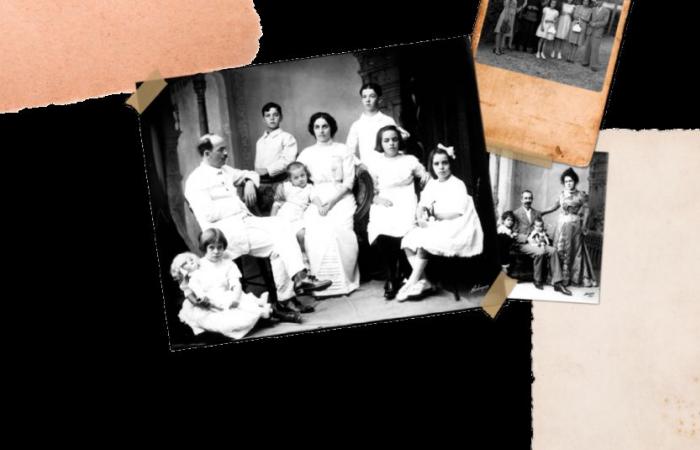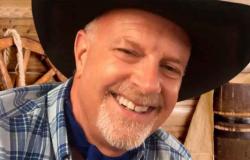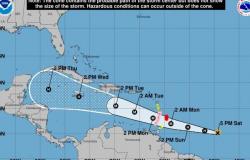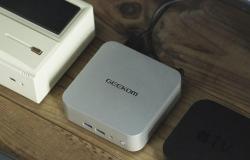07:51 AM
The Royal Cavalry Academy in the Spanish city of Ronda houses a documentary treasure trove for global genealogy that allows anyone to trace their Spanish surname.
The material collected over decades makes this private institution, with its origins in the 16th century, “One of the most important surname reference files in the Hispanic American world“, its director, Ignacio Herrera, tells AFP.
Apart from its own funds, the Maestranza de Ronda has acquired some 30 private archives that include documents ranging from 1340, the oldest, to the 20th century, on “nobility, genealogy and heraldry (study of coats of arms), which is what we dedicate ourselves to,” says Francisco Rosales, responsible for the archive.
A wealth of information in high demand by genealogy researchers but also by the general public, who seek to certify inheritances or simply learn about their roots, requests that often come from Latin America, where “there is a boom” of interest in the origins of surnamessays Rosales.
To find out more: They create the largest family tree in human history
Due to emigration to the “Hispanic American world”, if one goes back “two or three generations, one is already from somewhere else”, which explains the “great interest” of Latin Americans in Spanish archives, explains the member of the Royal Academy of History and expert in genealogy, Jaime de Salazar y Acha.
It is “the curiosity of someone who wants to know that if his grandfather was not from Buenos Aires, where was he from (…) What ship (did he get off) and where did the ship come from? All of this opens up a world of curiosity, of expectations, which makes the study of genealogy very attractive,” says the specialist.
“Our archive helps a lot in that search. It won’t solve it 100%, but it will help you.and in that sense we are one of the most important” in the Hispanic world, Herrera emphasizes.
A manual database
The jewel in the crown in Ronda is the Rújula archive, which belonged to the family with that surname that from the end of the 18th century, under the reign of Carlos III, until the end of the 20th century documented lineages to prepare titles of nobility, certificates of nobility, coats of arms…
The large volumes of the Rújula, family of kings of arms, as these notaries of the nobility were called, fill several shelves of the Maestranza library, a large room with walls full of shelves with books and documents and adorned with portraits of kings. Spanish people.
There, in optimal lighting and temperature conditions to preserve the precious documents, Rosales turns the pages of the volumes to show their contents: handwritten entries, family trees and copies of official documents certifying lineages.
You may also be interested in: A brief genealogy of time travelers
The most remarkable thing about the Rújula is that it has its own cataloging system, enormous files with some 800,000 entries with surnames, which indicate where information about them can be found, whether in the volumes of the family archive or even in other public or private archives in Spain.
A true “database, but from the 19th century, made by hand,” says Rosales about this file that greatly facilitates researching the history of a surname.
Brotherhood of Knights
The Royal Cavalry Academy’s fondness for genealogy and heraldry comes from its own history.
This began in 1573, when a brotherhood of knights was formed in response to the call of King Philip II for the nobility to collaborate in the defence of the territory, in this case the Andalusian coast.
In Ronda, a strategic town that crowns a spectacular gorge more than 100 meters deep, the society dedicated itself to equestrian training, essential for military exercise.
And to be part of the select group, one had to demonstrate nobility or nobility, so genealogy took on great importance.
Learn more here: Would you like to know who your ancestors were?
A history that can be felt in the Maestranza, which still has a riding school, a bullring from the late 18th century, the first built to be permanent in Spain, and the archive dedicated to subjects related to the institution.
“We are a living center, completely alive, both in archives and in the library, we continue looking for repertoires of this type that we can bring here to our center,” says Juan Moreno, librarian of the Maestranza.
In addition to having more than 60% of its archive digitizedto “put it at the service of research,” in the words of Rosales, the institution is currently working on a genealogical product with artificial intelligence to facilitate the task of those who want to investigate their origins.






